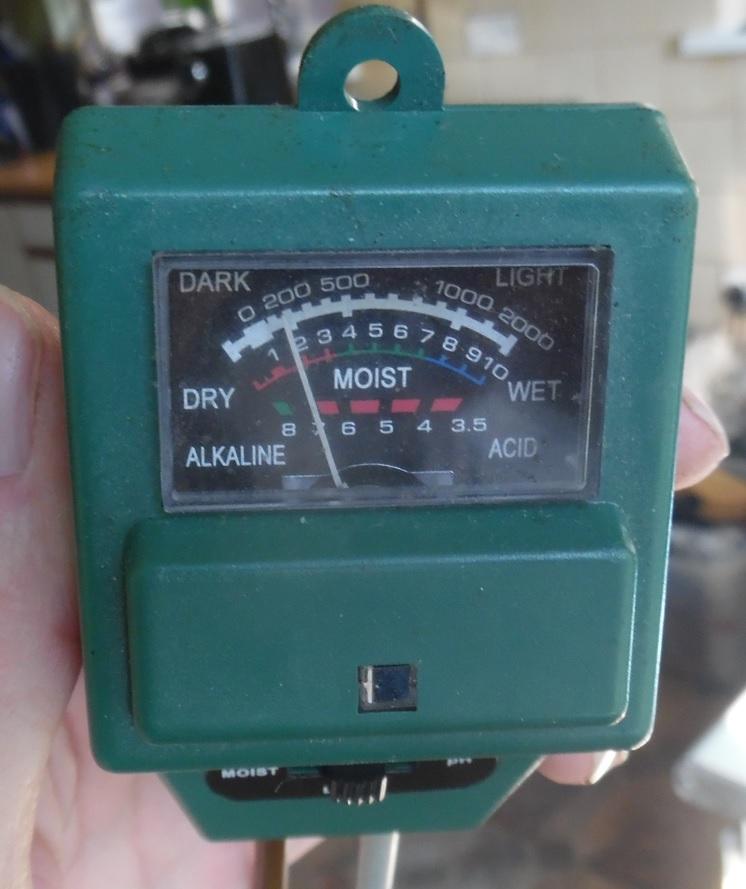
|

|
Forum Index : Microcontroller and PC projects : PH and EC measurement with Webmite?
| Author | Message | ||||
| Gerad Regular Member Joined: 10/01/2024 Location: GermanyPosts: 42 |
Hello Does anyone have experience with PH measurement? and/or EC measurement with Webmite? Or know where I can find information? THX Gerad |
||||
| NPHighview Senior Member Joined: 02/09/2020 Location: United StatesPosts: 200 |
Greetings, Gerad - Is this the sort of thing you're looking for? https://circuitdigest.com/microcontroller-projects/arduino-ph-meter discusses obtaining pH. https://www.electroniclinic.com/arduino-hydroponics-diy-hydroponics-system-using-ph-sensor-ec-sensor-hydroponic/ discusses obtaining both pH and EC You will need to substitute "WebMite" and "PicoBasic" for "Arduino", but the approach should be very similar. Live in the Future. It's Just Starting Now! |
||||
| Gerad Regular Member Joined: 10/01/2024 Location: GermanyPosts: 42 |
Hello NPHighview Thanks for your tip I will try with micropython or circuitpython. regards gerad |
||||
| NPHighview Senior Member Joined: 02/09/2020 Location: United StatesPosts: 200 |
You don't have to do that! <<shudder!>> Just use the same circuitry, and pattern your code after their examples. Live in the Future. It's Just Starting Now! |
||||
| stanleyella Guru Joined: 25/06/2022 Location: United KingdomPosts: 2127 |
I bought this ph tester and it works but don't know how?? no batteries.   |
||||
| Volhout Guru Joined: 05/03/2018 Location: NetherlandsPosts: 4227 |
Chemistry. 2 different metal electrodes, acid, creates a voltage. That is how lead acid batteries work. Volhout PicomiteVGA PETSCII ROBOTS |
||||
| zeitfest Guru Joined: 31/07/2019 Location: AustraliaPosts: 482 |
This diy meter may b worth a try...I was going to build the older version using a INA116 as was suggested, but didn't get to it. You will still have to read the 140mv output, and get the special glass+counter electrode combo as well. Precise work will need calibrations etc |
||||
| stanleyella Guru Joined: 25/06/2022 Location: United KingdomPosts: 2127 |
lead acid is one metal. search 2 dissimilar metals |
||||
| Mixtel90 Guru Joined: 05/10/2019 Location: United KingdomPosts: 6785 |
It's a single metal if the battery is flat. When charged one electrode is lead and the other is lead oxide. The electrolyte is then concentrated sulphuric acid. A better example might have been a piece of copper wire and a zinc-plated nail stuck in a lemon. It's a very simple primary cell. The voltage will depend to some extent on how strong the lemon juice is. You can try copper and zinc in various electrolytes to see the change. Mick Zilog Inside! nascom.info for Nascom & Gemini Preliminary MMBasic docs & my PCB designs |
||||
| stanleyella Guru Joined: 25/06/2022 Location: United KingdomPosts: 2127 |
I think it's lead peroxide hydrogen peroxide h2o2 hydrogen oxide h2o  |
||||
| Mixtel90 Guru Joined: 05/10/2019 Location: United KingdomPosts: 6785 |
Sorry, it's lead dioxide. :) Mick Zilog Inside! nascom.info for Nascom & Gemini Preliminary MMBasic docs & my PCB designs |
||||
| stanleyella Guru Joined: 25/06/2022 Location: United KingdomPosts: 2127 |
and it's not concentrated h2so4 but drop this, who cares :) |
||||
| Mixtel90 Guru Joined: 05/10/2019 Location: United KingdomPosts: 6785 |
Well, it becomes more concentrated as the battery charges and that changes the specific gravity rather conveniently, but yeah, lets. :) Mick Zilog Inside! nascom.info for Nascom & Gemini Preliminary MMBasic docs & my PCB designs |
||||
| zeitfest Guru Joined: 31/07/2019 Location: AustraliaPosts: 482 |
The electrodes look like copper and another metal. It might be a so-called "Clarke cell", using an antimony/oxide electrode. It was cheap and used for measuring oxygen levels, but depended strongly on pH, temperature, etc and had poor results. Edited 2024-04-02 08:25 by zeitfest |
||||